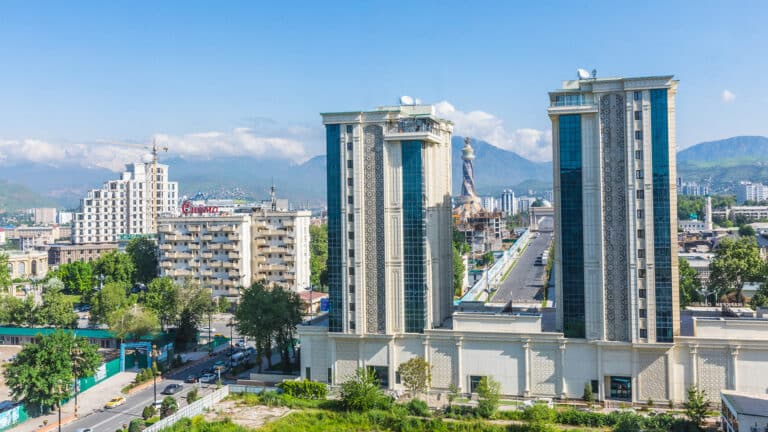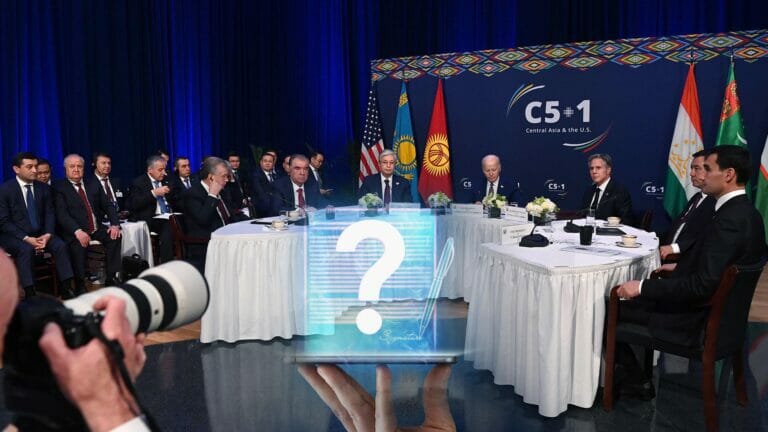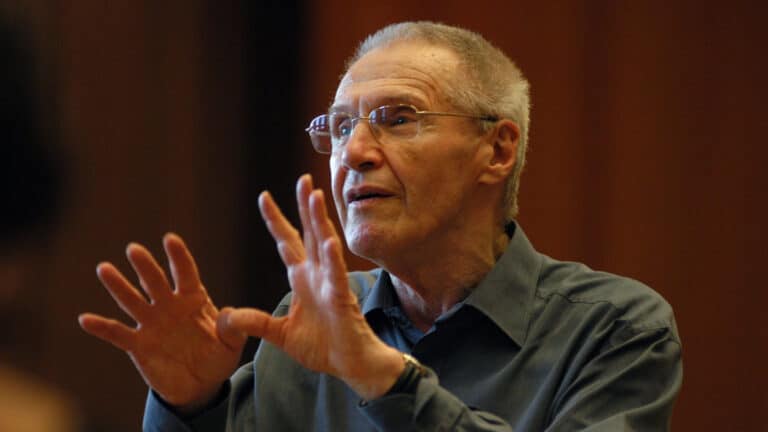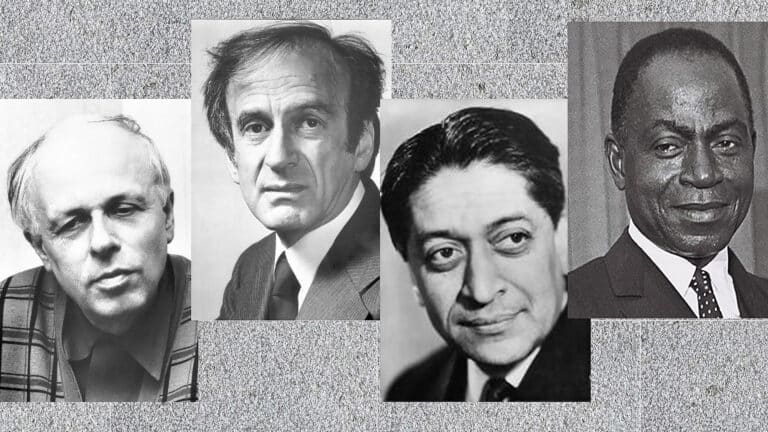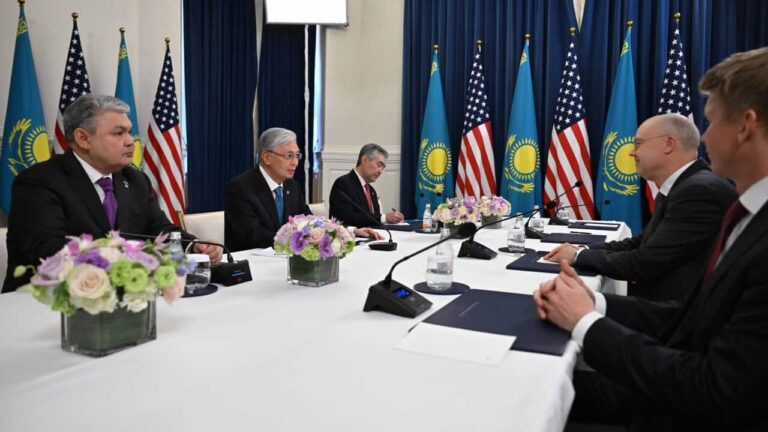Human Rights Watch (HRW) has called on Kazakhstan not to extradite four Karakalpak activists to Uzbekistan where they’ll likely face politically motivated prosecution and even torture, according to the human rights watchdog.
«After the brutal crackdown on protests in Karakalpakstan in July, the authorities in Uzbekistan continue to persecute activists representing the Karakalpak ethnic minority,» said Mihra Rittmann, Central Asia researcher for HRW.
If Kazakhstan decides to do so, it would mean the county is violating international law, she pointed out.
«That’s why Kazakhstan authorities must drop the idea of extradition and set those activists free,» Rittmann highlighted.
Over the period from September 13 to October 5, 2022, the police detained four representatives of the Karakalpak diaspora in Almaty who were wanted by Uzbek authorities. Two of them, 47-year-old blogger Koshkarbay Toremuratov and 53-year-old opposition activist Zhangeldy Zhaksymbetov were taken from their homes on September 13. On September 16, law enforcement officials detained 55-year-old cardiologist Raisa Hudaybergenova. The police came after her directly at the hospital where she works. The fourth female activist Ziuar Mirmanbetova was detained on October 4.
On June 20, President Shavkat Mirziyoyev of Uzbekistan suggested holding a referendum to amend 64 articles of the constitution. In particular, these changes were targeted at the status of the Republic of Karakalpakstan. According to the country’s constitution, Karakalpakstan is a sovereign republic that can exit Uzbekistan with a referendum. The proposed reform of the constitution was intended to omit this rule.
On July 1, hundreds of people took to the streets in Nukus, the capital city of the Autonomous Republic of Karakalpakstan. The central government responded with force and declared a state of emergency in the region.
On July 4, Uzbek authorities decided to keep the sovereignty of the Republic of Karakalpakstan.
The Autonomous Republic of Karakalpakstan has two million residents and occupies the northwestern part of Uzbekistan. This is the country’s largest region, occupying about 40% of its territory. In the 1990s, Karakalpakstan agreed to be part of Uzbekistan with the right to exit if the people decide so in a referendum.







